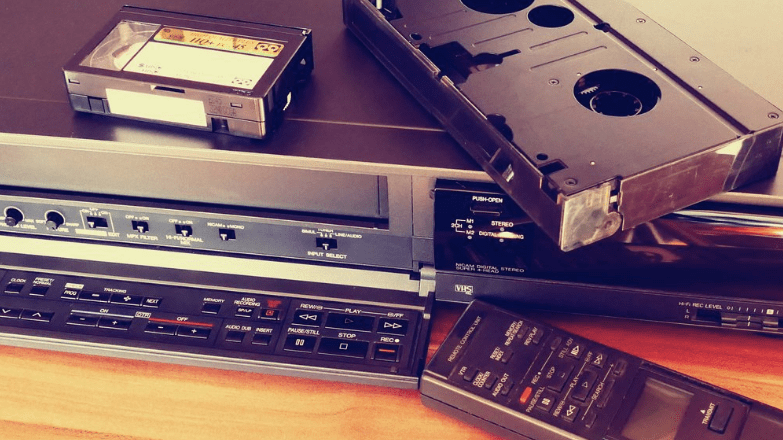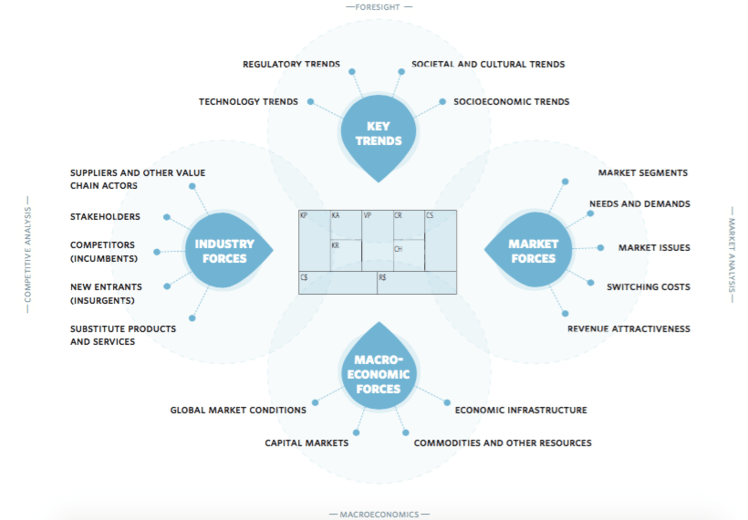Letting The Dinosaurs Die
One of my favourite article trends at the moment is the “Killer Millennial” complaint.
“Millennials are killing Applebees and Buffalo Wild Wings”
“Millennials are killing the fabric softener business”
“Millennials aren’t buying diamonds”
Firstly, it’s a funny complaint – being upset at people for not liking you as much as their parents did.
Secondly, it makes me more aware of my own spending omissions – we don’t often think about the things you don’t buy.
I never realised that I hadn’t bought fabric softener.
Thirdly, it speaks to a broader trend – the fate of the dinosaurs.
These ancient and mighty institutions that once ruled the land are now facing extinction.
Worse, they’re generally in denial about the threat, then when it’s unmistakeably clear they make tokenistic, shallow attempts to adapt.
Brad Graham said
“Sometimes you have to let the dinosaurs die”
There’s no saving them – either you can’t do it, or the change will be so thoroughly resisted at every turn that you’ll eventually give up.
Short Sightedness
There’s a growing list of companies who made decisions that we now laugh at, despite the fact that most people would have made the same call in those circumstances.
Blockbuster could have bought Netflix
Taxis could have accepted PayPal
Nokia could have moved to smartphones earlier
Kodak could have pursued digital technology
What we forget is that, at the time, making these transitions would have been incredibly risky.
These were organisations that had a lot to lose.
I once heard someone say
“The reason young people don’t vote Conservative is that they don’t have anything to conserve”
These brands had a lot of assets – each with their own empire and loyal customer base.
While we now recognise their faults, most of these companies would be full of staff whose main job is “Don’t stuff it up, don’t kill the cash cow”
That’s where the trouble starts – where you attempt to freeze time because you’ve got a good thing going.
Contempt For The Customer
Whenever someone tells me about an argument they’ve had, there’s a quick mental test that I find useful:
If Person A says Person B’s actions are rude/inappropriate/pointed, then I ask if things would be the same if it were Person C who did/said the same things.
90% of the time, the same words or actions become significantly less offensive when performed by someone who we like.
We usually have an opinion formed about a person, then we use their actions to justify our opinion, rather than treating them objectively.
e.g. A funny remark made by someone we dislike isn’t funny.
This is the same for our relationships with companies.
If we like them, then we have patience for their missteps, and we are naturally inclined to give them the benefit of the doubt.
So let’s revisit our Blockbuster example: What did customers think of Blockbuster pre-Netflix?
We needed Blockbuster, but didn’t necessarily like them.
Why?
Because of the penalties.
Because of the constant negative interactions.
Going to choose a movie is fun.
Returning the movie isn’t – because it’s done specifically to avoid a penalty.
We either go out of our way to avoid being stung, or we pay late fees.
In other words, every movie rental ends on a neutral/negative note.
Businesses who have contempt for their customers build a base of resentment.
Customers might need them today, but if given an alternative, will leave quickly.
If Blockbuster was a beloved brand, people would have stuck around for a lot longer.
Apple are mocked for their fans (and fair enough), but these fans give Apple time to get things right.
Despite the fact that Apple are usually late to the party (i.e. MP3 players, laptops, tablets, smartphones) and charge much more than their competitors, their customers feel respected and are happy to stick around.
People shop with brands that they like.
If you treat people badly, then it’s a matter of time before they go elsewhere.
Obsolete Mindsets
Some businesses can’t grasp the fact that customers don’t share their core beliefs and worldviews.
Here’s a controversial example: Have a look at old churches.
These are stunning buildings located in prime locations, full of stained glass and pipe organs.
And their services are 20% full.
Back in the day, everyone went to church, and generally you went to the one that was closest to your house.
In other words, it was a social expectation (even though many weren’t practicing Christians) and a geographic decision.
Now think about how people behave today.
There is no longer a social expectation, nor a geographic restriction.
Most Christians my age will happily travel 20-30-40 minutes to go to a church that treats them well – with music they enjoy, engaging speakers and a welcoming community.
What young person would choose a church because it has a pipe organ?
Who would persevere with unfriendly, closed communities just because they’re near your house?
The same goes for industries like banking.
The dream sold to employees is that of a corporate ladder, with power, status and wealth at the top.
But for this to exist, you need a slightly outdated set of beliefs:
1. We can overcharge customers, and they have to cop it
2. We can dismiss and objectify our subordinates, because we're powerful
3. We will be well respected in society for being high up in an institution
Notice anything?
All three of these philosophies are obsolete.
Executives can no longer be sexist, elitist or racist.
Competition is hurting complacent businesses.
Bankers are no longer well-respected members of the community.
This is going to make it harder for institutions to recruit top talent, in fact it’s already begun.
How many people do you know who started their careers at a bank/accounting firm/insurer/consultancy, who now work somewhere that matches their values?
Back in the day, people were fine with sweatshops, sexism and discrimination.
But they’re a dying breed, and there aren’t too many new ones forming.
For brands that built their success on exploitation, change will be tough, if not impossible.
As the designer Buckminster Fuller famously said:
“You never change things by fighting the existing reality. To change something, build a new model that makes the existing model obsolete”
We used to value institutions, but these days history and heritage are increasingly meaningless.
Just because something has been around forever, doesn’t mean it has earned permanence for the future.
In fact, there’s a growing class of people who would see that heritage as proof that change is overdue.
Complaining about customer desertion solves nothing.
Changing regulation to eliminate competition only stalls the inevitable.
If you’re not nice to people, they’ll find a better option – someone who cares about their wants and needs, and who doesn’t care for your margins or legacy.












